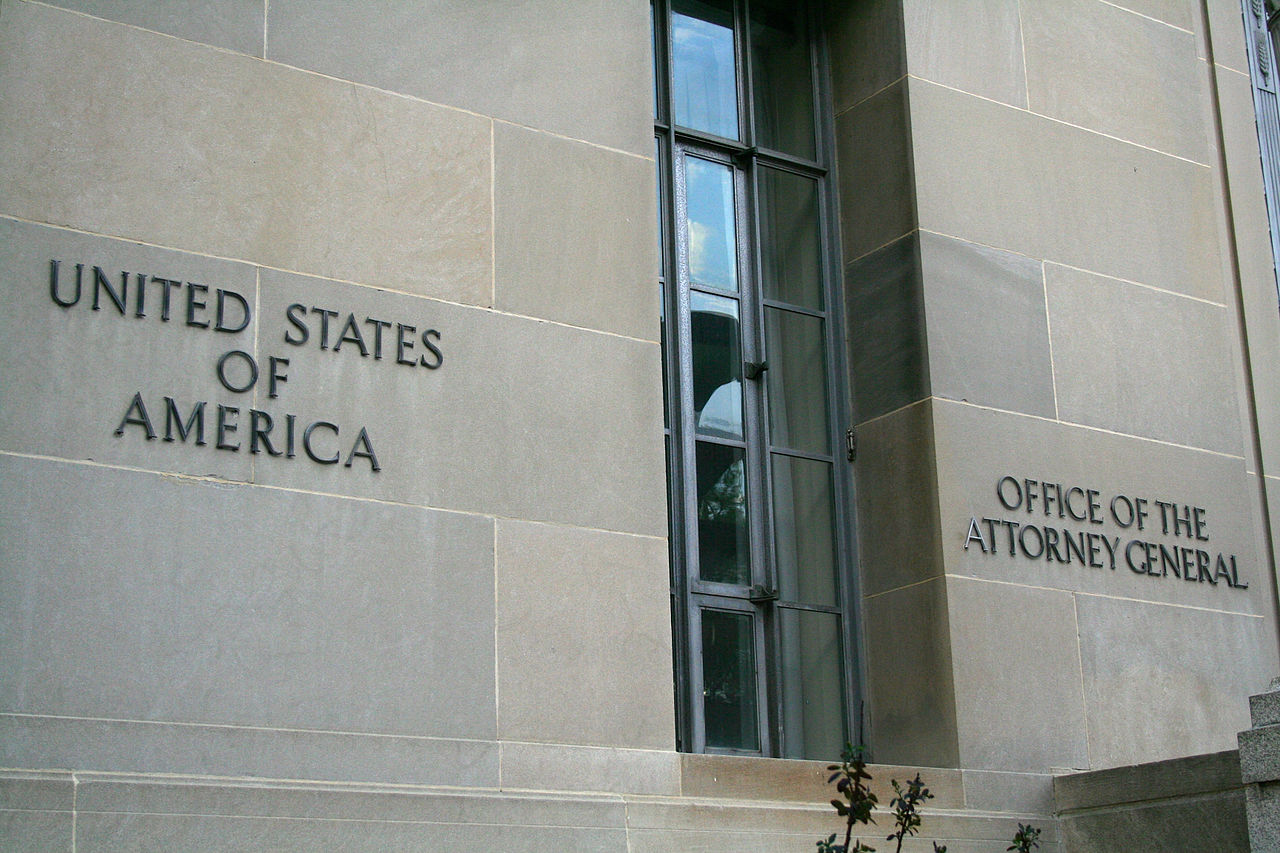Federal Court Orders Bond Hearings for Imprisoned Asylum Seekers
The U.S. District Court for the Western District of Washington ordered the government to provide bond hearings to asylum seekers who were apprehended crossing the border irregularly and whose asylum claims were found viable by an asylum officer, temporarily halting a directive from Attorney General William Barr that would have denied these persons hearings where they can seek release from imprisonment.

Published by The Lawfare Institute
in Cooperation With

The U.S. District Court for the Western District of Washington ordered the government to provide bond hearings to asylum seekers who were apprehended crossing the border irregularly and whose asylum claims were found viable by an asylum officer, temporarily halting a directive from Attorney General William Barr that would have denied these persons hearings where they can seek release from imprisonment. The court based its order on a finding that “it is unconstitutional to deny these class members a bond hearing while they await a final determination of their asylum request.”
The government must conduct these hearings within seven days after the injunction’s July 15 effective date, the court ruled. It mandated additional procedural protections as well: The government, rather than the prisoner, must bear the burden of proof; the proceedings must be recorded and a transcript produced for appeal; and judges must write decisions explaining the basis for granting or denying release.
This litigation, Padilla v. ICE, started last summer when the right of these asylum seekers to a bond hearing was still uncontested. The class of plaintiffs—asylum seekers who were arrested between ports of entry and passed their credible fear interviews—sought an end to lengthy delays in scheduling and administering bond hearings. In April 2019, the court ordered the government to provide the hearings to all of these detained asylum seekers within seven days of their requesting one. That order, however, never took effect because of Barr’s intervention in an individual immigration case, in which he ordered immigration judges to stop conducting custody hearings for these persons. (This backstory, along with some description of the custody review process, is available in greater detail here.) The July 2 district court decision, in turn, stops the attorney general’s denial of bond hearings from taking effect.
Judge Marsha J. Pechman, who issued the order, found that the “statutory prohibition at Immigration and Nationality Act § 235(b)(1)(B)(ii) against releasing on bond persons found to have a credible fear of persecution” is an unconstitutional denial of due process. That provision, which says that asylum seekers who request protection at the border “shall be detained for further consideration of the application of asylum,” provided the basis for Barr’s determination that these asylum seekers were subject to mandatory detention without possibility of release. While declaring a statute unconstitutional is a rare move for a federal judge, Judge Pechman emphasized that the injunction preserves a status quo represented by “50 years of statutory and case law supporting the right of persons detained for non-criminal reasons to be released upon posting bond.”
To find that these asylum seekers have a constitutional right to seek release from detention, Judge Pechman applied the Supreme Court’s balancing test developed in Mathews v. Eldridge, in which courts determine whether a person has been denied due process by considering (1) the private interest at stake, (2) the risk of erroneous deprivation if additional protections are not provided, and (3) the government’s interest (typically understood as the administrative burden of providing additional protections).
As for the first factor, the district court pointed to precedent from the Supreme Court and the U.S. Court of Appeals for the Ninth Circuit that “establishes immigrant detainees’ constitutionally-protected interest in freedom from unnecessary incarceration.” Noncitizen prisoners cannot be deprived of this right without a hearing before a neutral decision-maker. For the second factor, the court cited Ninth Circuit precedent holding that, without bond hearings, the risk of unnecessary incarceration is significant. Finally, the court found that the government has no legitimate interest in detaining people who are not dangerous and whose appearance at future hearings can be reasonably ensured.
The government will likely appeal this decision in the near future, so it remains to be seen whether these detained asylum seekers will in fact have an opportunity to argue for release from detention or whether the administration will succeed in keeping them in mandatory imprisonment.


.jpg?sfvrsn=676ddf0d_7)
